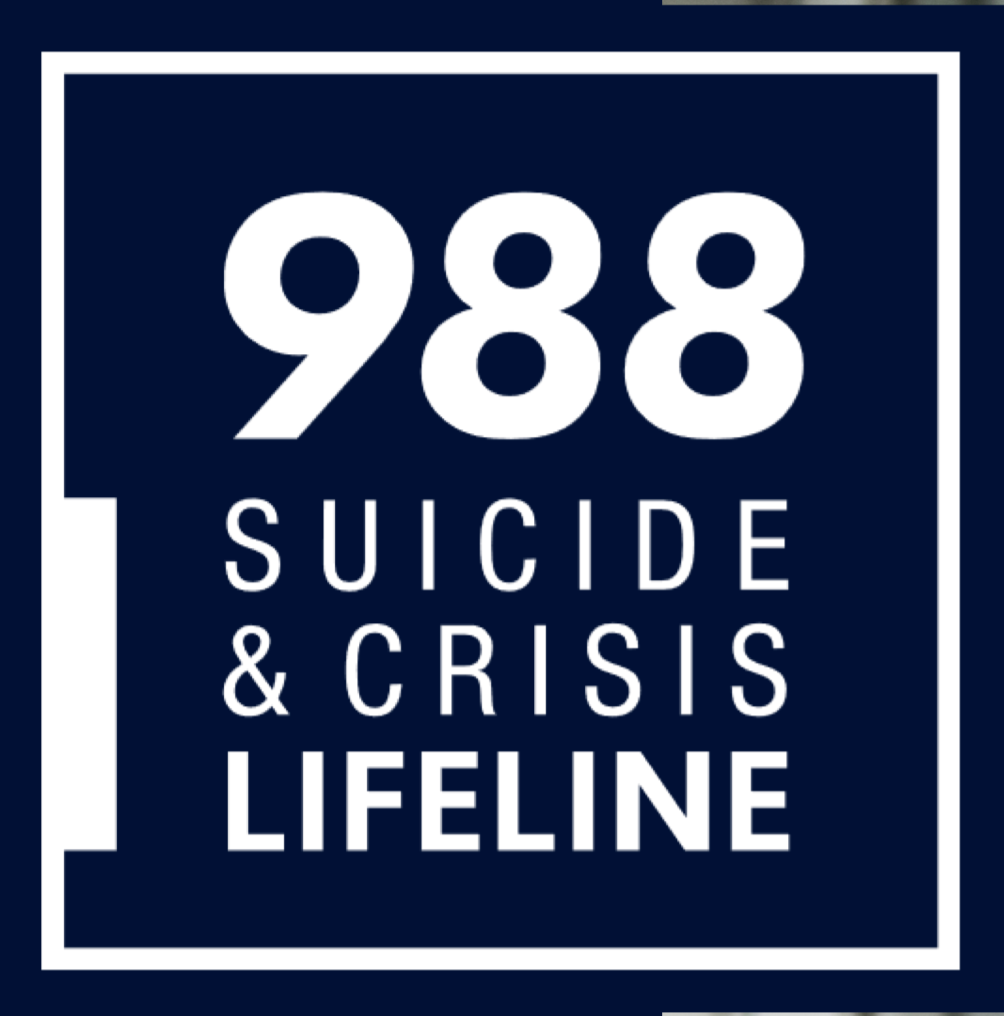Suicide Anonymous
The Tennessee Suicide Prevention Network proudly supports Suicide Anonymous (SA), a self-help program for mutual support based on the model of Alcoholics Anonymous. The purpose of this program is to provide safe environments for people to share their struggles with suicide and to develop strategies for support and healing from the devastating effects of suicidal preoccupation and behavior.
The need for such a program arises from the awareness that suicidal people generally do not have safe places to talk honestly about their own struggles with suicide. The stigma of suicide is enormous, both for surviving family members and for surviving attempters. This stigma pervades every segment of our society, including religious organizations and even the mental health field.

The church usually is not perceived as a safe place by people who struggle with suicidal thoughts, behaviors, and/or attempts. The legacy that suicide is an unforgivable sin is still learned by our children, whether or not the church actively teaches such a doctrine, making it unlikely that teens or adults struggling with the possibility of their own suicide will feel free to turn to the church to share their struggle.
Partially by default, the mental health field inherited the problem of suicide as the concept of suicide evolved from a “sin” into a “product of mental illness” over the last century in the United States. Yet the mental health field is not always perceived as a safe place by people who struggle with suicide. Mental health professionals are bound by law to intervene with suicidal patients, usually forcing appropriate psychiatric hospitalization. Faced with the threat of hospitalization or with hospitalization itself, suicidal patients “clam up” about their struggles with suicide, producing an unsafe environment for sharing the full truth about their struggle.
These groups, therefore, exist to offer a support system for survivors, to make a distinction between the suicide attempt and the person involved, to cast off the societal stigma that too often plagues the survivor, and to develop strategies for mutual support and healing. Among these strategies are:
Discussion Meetings
During one-hour meetings, topics are presented by a chairperson and members share their experiences or simply listen. Cross-talking (responding to a member’s comments) is discouraged to allow free discussion without criticism. The last fifteen minutes are reserved for members to provide updates about how they are dealing with their suicidal impulses. Experience has shown that talking openly about suicide with people who understand the problem lessens the shame and stigma, combats isolation, and teaches the suicidal person that it is safe to reach out for support in a crisis.
Phone Lists
Exchanging phone numbers with other group members provides a valuable resource for crises between meetings, especially late at night. At first reluctant to bother others, most members learn to reach out to fellow members for support in a suicidal crisis. Members receiving calls feel useful and experience the other end of a suicidal crisis.
Sponsorship
New members pick more experienced members to guide them through the Twelve Steps model used by both groups. Both people benefit enormously from the experience and learn that they are not alone in their struggle with suicide.
Speaker Meetings
At regular intervals, a member shares his or her life story and experience with suicide at a meeting open to members and the public. In sharing their stories, members overcome the shame and stigma of a life of struggle with suicide. Meanwhile, listeners identify with the story or break through denial of the full extent of their own struggles.
Bottom Lines
Members select bottom line behaviors for themselves. Bottom line behaviors are component behaviors of suicide such as hoarding pills for overdose, suicidal fantasies, compulsively driving through cemeteries, etc. Members commit to stop bottom line behaviors one day at a time. These behaviors may change with progress in recovery.
These groups are fellowships in which members from a variety of backgrounds share their experiences, strengths, and hopes with each other, that they may solve their common problems, Membership is open to all who want it; the only requirement is a desire to stop living out a pattern of suicidal ideation and behavior. There are no dues or fees for membership; each group is self-supporting through its own contributions.
Memphis
Suicide Anonymous
(901) 383-1924
info@suicideanonymous.net
Sunday: Hope Presbyterian Church, Room 223, 8500 Walnut Grove Road, Cordova, TN, 38018, 6:30 PM
Thursday: The Psychological Trauma and Wellness Center, 5158 Stage Road, Suite 120, Memphis, TN 38134, 5:30 PM
Online
Rise Above – Tuesdays, 6:30 pm-7:30pm (Eastern)
To join these meeting go to zoom.us/j/844809626 and enter any contact information required by Zoom, or call 1-646-558-8656 to join by phone.
Stay Afloat - Thursdays, 7:00pm-8:00pm (Eastern)
To join these meeting go to zoom.us/j/970452317 and enter any contact information required by Zoom, or call 1-646-558-8656 to join by phone.
Additional Resources
Information on “The Little Book“, the basic text for Suicide Anonymous.
Additional resources for Survivors of Suicide can be found on the following pages:
NOTE: Appearance of a link on this page does not imply endorsement by the Tennessee Suicide Prevention Network of the external website’s content or the views and opinions of the site’s sponsoring organization. Once you access an external site linked on this page, you are subject to the privacy policy of the new site. This includes sites you may link to through our search engine.
988 Suicide & Crisis Lifeline
The Lifeline is a free 24/7, confidential, short-term crisis counseling line for those experiencing distress. It is a myth that 988 is only for suicidal individuals; it is available to everyone. Call, text, or chat 988 if you are overwhelmed, stressed, and need to talk with a trained counselor.

This project is funded under a grant contract with the State of Tennessee, Department of Mental Health and Substance Abuse Services.

